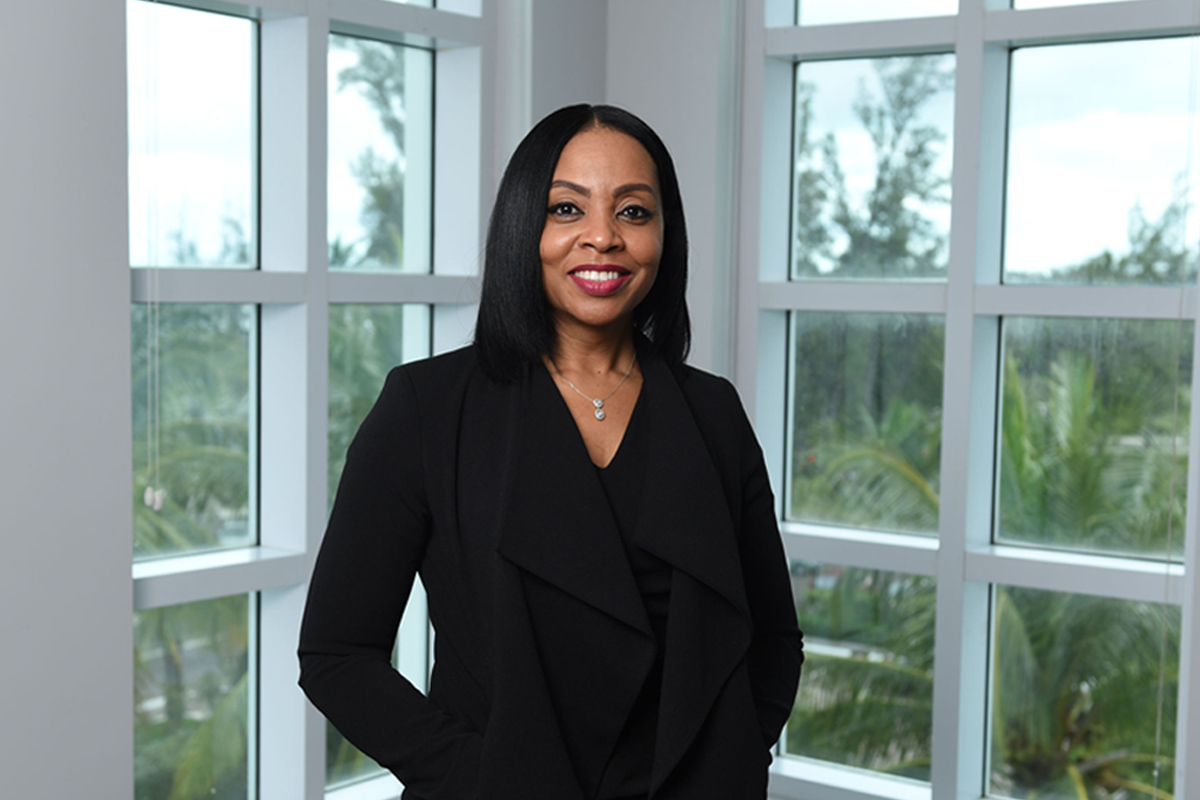EY refers to the global organization, and may refer to one or more, of the member firms of Ernst & Young Global Limited, each of which is a separate legal entity. Ernst & Young Global Limited, a UK company limited by guarantee, does not provide services to clients.
How EY can help
-
Our portfolio of high-demand services is designed to support anti-money laundering regulatory requirements. Read more.
Read more
Building a framework for AML
Businesses in the Region have traditionally not been accustomed to burdensome regulation or taken it seriously, and, as such, many have been slow to adapt to the new AML rules recently enacted (e.g. private equity funds and the Virtual Asset Service Providers Regulatory Regime). Meanwhile, across the globe, bad actors continue to work to take advantage of the financial services system, risks have changed, and the international community has advanced their strategies for ensuring compliance.
In addition to appropriate program elements and technology, there also needs to be a “culture of compliance” implemented to guide the behaviors of key personnel. The message that “compliance matters” is a critical one and has to come from the top of the organization. Boards of Directors and leadership teams need to set the tone throughout their organizations. The pillars of a strong AML system are:
- Designation of a money laundering reporting officer (MLRO) and compliance officer (CO)
- Written internal policies, procedures and controls
- Ongoing training for employees
- Independent reviews
- Customer due diligence (e.g. knowing the beneficial owner of funds)
A critical element of an effective framework is knowing where the AML risks lie in the business. The anti-money laundering compliance officer (AMLCO) or MLRO, if this is the same individual, is often tasked with conducting the risk assessment, but these individuals may lack the requisite knowledge of the business’s core activities. Risk evaluation should involve taking a holistic view of the business and drilling down into key areas, with full participation of the firm.
Understanding the business and its services, client base and geographic reach is essential. For example, a company operating in a country deemed to be of low AML-ATF risk may have clients or vendors in countries that are higher risk. Failure to identify and focus on the AML risk areas of a business can lead to a misguided or misplaced effort, causing compliance resources to be wasted in areas where they are not needed.
Periodic, independent AML audits, which are required in some jurisdictions, are key to maintaining a robust framework that is up to date with evolving regulatory requirements. A well-qualified team, in some cases evidenced by a Certified Anti-Money Laundering Specialist (CAMS certification), is better equipped to identify how a company’s policies and procedures may need to be revised to comply with ever-changing regulations. Through regular health checks and gap analysis, advisors can help clients address deficiencies — preferably before they become a regulatory issue.
Technology can help
Businesses are facing demanding rules and an ever-increasing regulatory landscape, they can no longer rely on manual processes or outdated systems. The days of pulling John Doe’s file out of the filing cabinet is becoming a thing of the past as the COVID-19 pandemic has jump-started the investment into and adoption of technology or new technological solutions. Technology has evolved to allow for more efficient compliance while bringing other benefits: systems are better, and there is access to faster, higher-quality data and better use of that data.
Fortunately, intelligent technology that can automate many compliance-related processes is widely available. Ten years ago, implementation of technology that incorporated process automation, artificial intelligence and robotics would have been cost prohibitive for most firms, but because of rapid advances, especially over the past three years, these products are available at a fraction of that price today. This has made intelligent technology accessible even to small- and medium-sized enterprises. When management executives consider whether the investment is justified, they should remember that the technology could in some cases save a company from hiring several employees.
Efficiency of the AML compliance process depends on using technology effectively and appropriately for the size and the type of business, streamlined to focus on relevant risks.
Intelligent technology enables the monitoring of transactions and clients for potential suspicious activity to be done automatically. And a regulator’s probing question, which may have taken an investigation team working manually two weeks to answer, can often be dealt with in a matter of minutes. Technology can also adapt more easily to regulatory changes.
Benefits beyond compliance
Having the proper technological tools for efficient AML compliance creates opportunities for spin-off business benefits, especially in terms of unlocking the value of proprietary data.
Businesses sit on a wealth of knowledge about their clients. Some compliance-related data could be used to drive sales, particularly through helping companies figure out what their clients need.
Technology also allows investigations, regulatory and otherwise, to be concluded quicker. Fewer employees may be needed to deal with issues that technology can solve right away. Further, reducing turnaround times on client queries could also improve customer relations.
LaNishka Farrington McSweeney is a partner at EY Cayman Ltd. and is the Regional Anti-Money Laundering Leader, EY Region of the Bahamas, Bermuda, British Virgin Islands and Cayman Islands. LaNishka is a Certified Anti-Money Laundering Specialist (CAMS) and has extensive experience in assessing compliance of financial institutions with local AML laws.
EY Cayman Ltd. has a large team of highly skilled AML professionals on the ground in the Region and takes a unique approach when advising companies on AML strategy. Read more here. This team includes the largest base of CAMS certified professionals in the Region.





